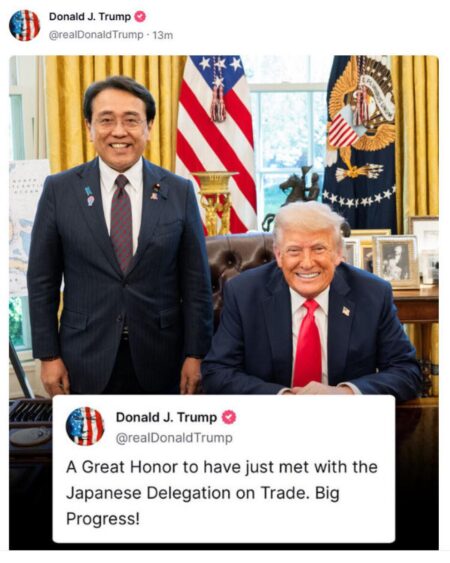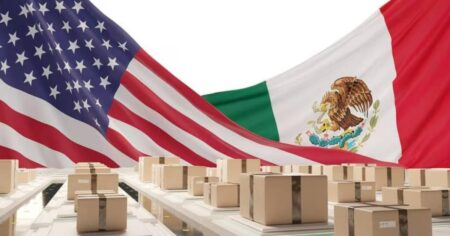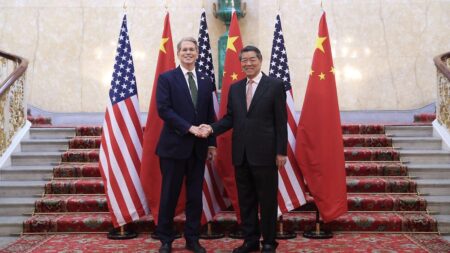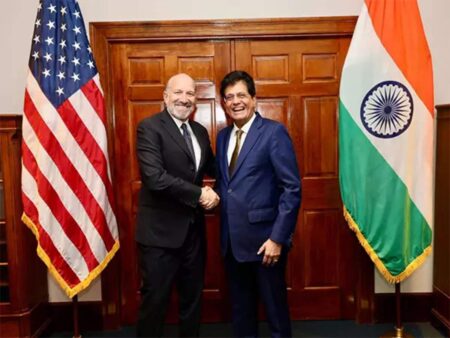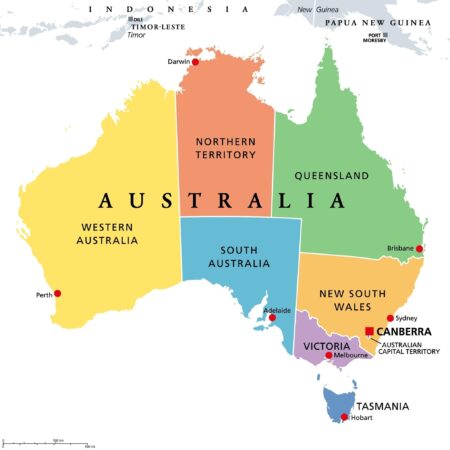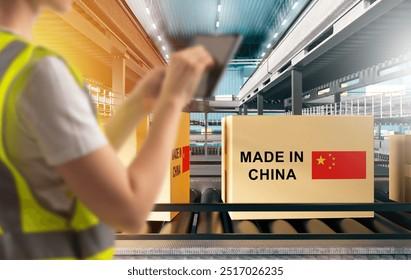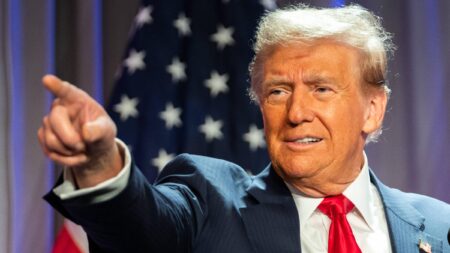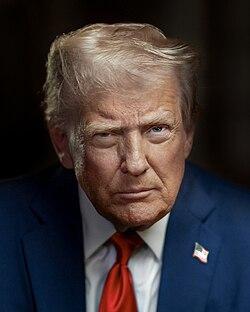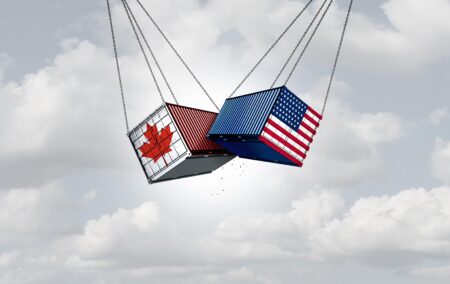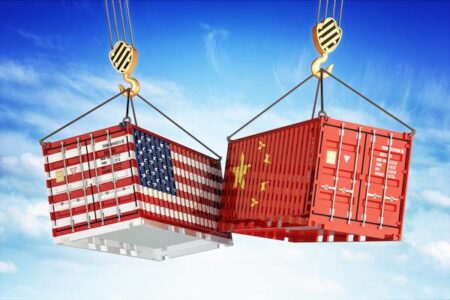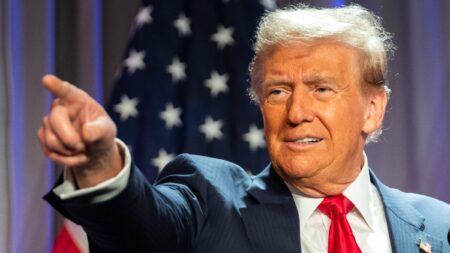U.S.-Japan tariff talks have hit a roadblock over key automotive and rice trade disputes. The two countries remain locked in a standoff, with the U.S. pushing for increased auto exports while Japan stands firm on safeguarding its rice industry
Browsing: international trade
President Trump’s bold threat to slap a staggering 35% tariff on Japanese imports has sent shockwaves through Tokyo, igniting fears of economic upheaval and escalating trade tensions between the U.S. and Japan, sources reveal
The U.S. has lifted key restrictions on chip design software exports to China, signaling a major breakthrough in easing trade tensions. This bold move aims to strengthen supply chain resilience while maintaining essential national security safeguards
Japan has firmly invoked its national interest amid the intense tariff negotiations with the US, signaling a determined stance as talks face major hurdles. Both countries are working hard to find common ground and ease escalating trade tensions, Reuters reports
Despite recent frost setbacks, Moldovan cherry producers are proudly sending fresh, juicy cherries to Italy. This season’s harvest is flourishing, driven by strong market demand and outstanding quality that sets their fruit apart
Mexico and Brazil are gearing up to supercharge their trade relationship, aiming to expand their reach beyond the US and China. By boosting collaboration, both countries aspire to unlock fresh growth opportunities and reduce dependence on these dominant markets, insiders reveal
Exclusive: In a groundbreaking move, China has sealed a test agreement with Argentina to import soymeal, securing a reliable supply amid the chaos of the ongoing US trade war. This bold strategy underscores Beijing’s determined effort to diversify its agricultural partners and bolster food security
In a dramatic twist, former President Trump has once again taken a strong stance on tariffs, urging India to take bold and decisive action in the ongoing US trade talks. All eyes are now on India as it prepares for these crucial negotiations that could shape the future of international trade
Australia’s Prime Minister Anthony Albanese passionately reaffirmed his commitment to free trade in a recent speech, emphasizing that open markets are the key to fueling economic growth amid today’s unpredictable global landscape
US prices for China-made goods on Amazon are soaring faster than inflation, a recent analysis reveals. Tariffs and supply chain challenges are pushing costs higher, directly impacting consumers’ wallets, Reuters reports
China has made a bold move by partially lifting its ban on Japanese seafood imports, signaling a thaw in trade tensions between the two countries. This decision allows select seafood products from certain regions to enter the market, offering a cautious yet promising step toward renewed cooperation and normalization
China’s $50 billion chip fund is boldly reshaping its strategy to outmaneuver US restrictions, focusing fiercely on self-reliance and homegrown technological breakthroughs. This dynamic pivot aims to dramatically reduce reliance on foreign semiconductor supplies amid rising trade tensions
Former President Donald Trump has announced he is “terminating” all trade talks with Canada, escalating tensions between the two neighboring countries, Politico reports. This striking decision signals a dramatic shift in U.S.-Canada trade relations
Former President Donald Trump announced that the US has sealed a groundbreaking new trade deal with China, aimed at easing tensions and sparking a powerful wave of economic collaboration between the two global giants, according to Al Jazeera reports
Canada has fired back boldly at Trump’s tariff ultimatum, imposing a steep hike on US goods. This striking move threatens key American industries, escalating the high-stakes trade battle between the two neighbors
Shares soared on renewed optimism about China-US trade talks, igniting a surge of investor excitement. Meanwhile, the dollar slipped against major currencies, reflecting a cautious atmosphere amid ongoing geopolitical uncertainties
An Italian store chain has replaced Israeli products with “Gaza Cola,” sparking a fiery debate amid the escalating Middle East tensions. This daring move shines a spotlight on the rising wave of consumer activism fueled by the Gaza conflict
Former President Trump announced that the U.S. and China have struck a groundbreaking trade deal, igniting a powerful rally in Chinese stock markets. This landmark agreement marks a major step forward in easing years of economic tensions between the two global powers
Live lobsters from Newfoundland and Labrador have soared across the Atlantic, landing in Spain for the very first time-an exciting breakthrough that opens up fresh opportunities for exporters eager to dive into Europe’s thriving seafood markets
German export sentiment has taken a hit amid looming tariff threats, the Ifo Institute revealed on Thursday. Escalating trade tensions are stirring uncertainty among exporters, casting a shadow over growth prospects

